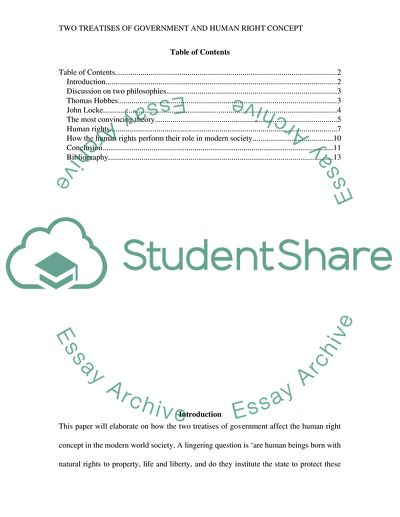Cite this document
(“How does the Two Treatises of Government affect the concept of human Essay”, n.d.)
Retrieved from https://studentshare.org/social-science/1669606-how-does-the-two-treatises-of-government-affect-the-concept-of-human-right-in-modern-society
Retrieved from https://studentshare.org/social-science/1669606-how-does-the-two-treatises-of-government-affect-the-concept-of-human-right-in-modern-society
(How Does the Two Treatises of Government Affect the Concept of Human Essay)
https://studentshare.org/social-science/1669606-how-does-the-two-treatises-of-government-affect-the-concept-of-human-right-in-modern-society.
https://studentshare.org/social-science/1669606-how-does-the-two-treatises-of-government-affect-the-concept-of-human-right-in-modern-society.
“How Does the Two Treatises of Government Affect the Concept of Human Essay”, n.d. https://studentshare.org/social-science/1669606-how-does-the-two-treatises-of-government-affect-the-concept-of-human-right-in-modern-society.


